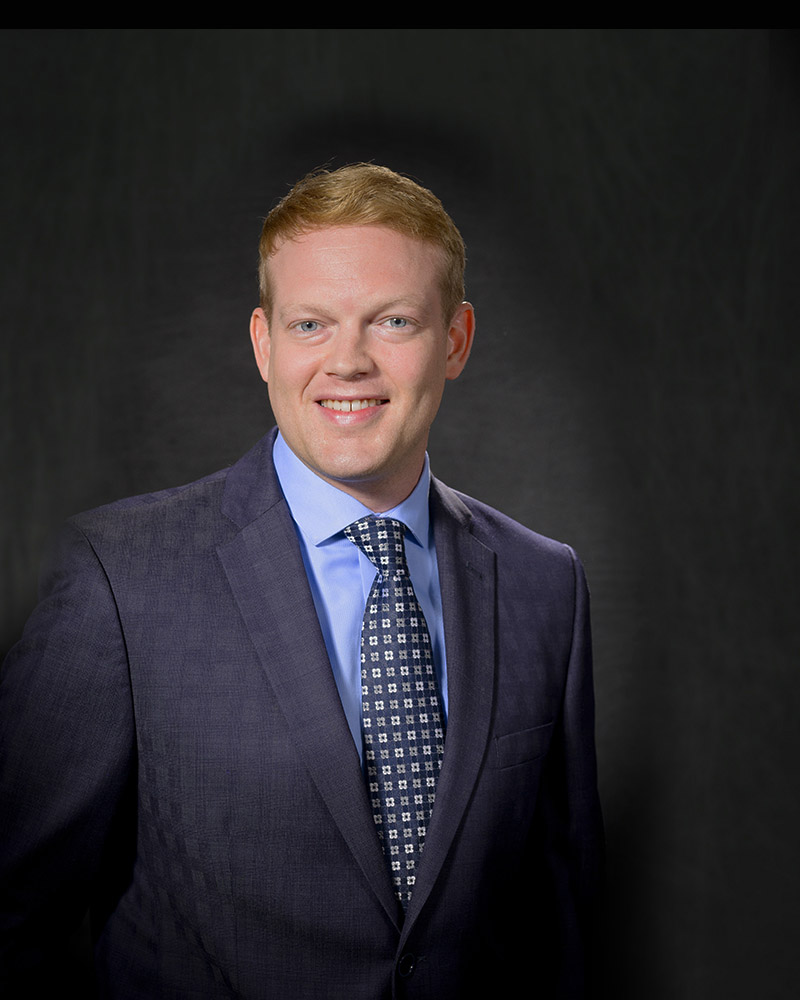By James Signor
On April 20, 2023, Director of the U.S. Patent and Trademark Office (USPTO) Kathy Vidal notified the Patent Public Advisory Committee (PPAC) of the USPTO’s intention to set and adjust patent fees, with the goal that the fee changes would be implemented on or around January 2025. In addition to attempting to account for higher inflation over the past couple of years, and increased discounts to micro and small entities provided by the December 29, 2022 introduction of the Unleashing American Innovators Act, the proposed fee changes also attempt to encourage efficient practices and curb abusive behaviors.
The proposed fee changes include a 5% across-the-board adjustment for inflation, as well as a 25% increase across-the-board for all America Invents Act (AIA) trial fees. However, some of the new fees introduced by the proposal, and significant increases to certain fees, if implemented, could significantly change the way you practice.
In particular, many of the proposed fee changes are intended to reduce patent pendency and encourage efficiency and earlier dispositions by providing for greater costs the later certain actions are taken in an application or patent. For example, the proposed costs of filing a Terminal Disclaimer would be $200 if filed before a first action on the merits, but increase later on in prosecution up to $1,100 if filed after a Notice of Appeal and $1,400 if filed in a patented case. A third level of fees for Requests for Continued Examination (RCEs) would be added, which would represent an 80% increase in costs for the third RCE and each subsequent RCE filed in an application.
Later filed continuing applications would also see new fees, with a fee of $1,500 being applied to any continuing application filed more than three years after the priority date and a fee of $3,000 being applied to any continuing application filed more than seven years after the priority date. These dates could represent new “deadlines” for filing continuing applications.
Among these and other new fees added in the proposed fee schedule, requests for participation in the After-Final Consideration Pilot (AFCP 2.0), which are currently without a fee, would cost $500. Given that AFCP 2.0 allows examiners to indicate that after final amendments will not be treated under AFCP 2.0 where the after final amendment is deemed to require search and evaluation outside of the guidelines of the program, there could be many cases where this new fee would not advance prosecution. There would also be new cumulative surcharges for submitting references in Information Disclosure Statements (IDSs) at thresholds of 50, 100 and 200 references. A further set of new fees would be added for additional word counts in AIA trial requests, with the stated goal of trying to reduce the amount of parallel petitions.
The proposed fee changes also include some significant increases in certain categories. In particular, the proposal targets significant increases in design application fees, with an overall increase of 48%, and applications for Patent Term Extension (PTE) would go up by 468%. Fees for each claim in excess of 20 would be doubled, making it even more important that applicants consider the value of added claims.
Accordingly, it easy to see how these and other significant changes that would be affected by the USPTO’s extensive proposal could significantly change the way you practice. However, as stated by USPTO, the proposal is not final and they will consider the input of the public and stakeholders. The first opportunity was on May 18, 2023 with a public hearing before the PPAC, where a number of stakeholders voiced various concerns with the proposed fee increases.
For additional information, please visit: https://www.uspto.gov/about-us/performance-and-planning/fee-setting-and-adjusting.

